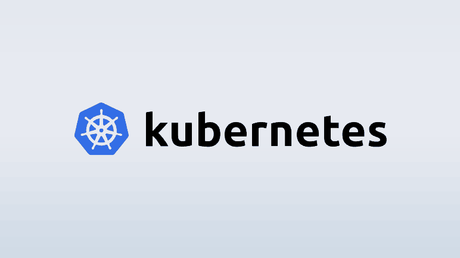Kubernetes is a program that is perhaps the most popular way to manage containerized applications . It heals itself automatically, and it can scale quickly. When it comes to the cloud-native world, Kubernetes has become the number one infrastructure.
A user or a cloud service provider can control Kubernetes clusters. The decision to self-manage or use a service provider is typically the first question asked by teams considering a Kubernetes installation.
Teams will decide to utilize a managed Kubernetes service like Azure Kubernetes Service, Amazon AKS, or any other cloud-based Kubernetes platforms. They can also choose to install and operate Kubernetes within their infrastructure. Below you'll find reasons you may want to consider using a managed Kubernetes platform.

K8s installation: manual or managed?
You'll find that by using Kubernetes, the program can handle some of the maintenance and provisioning duties required to keep clusters functioning. For this reason, using a managed Kubernetes service is always more convenient to set up and manage.
However, managed Kubernetes design has a security disadvantage that limits the privacy and degree of control users can enjoy because it relies on vendor-owned infrastructure and tools.
Outsourcing hosted Kubernetes can reduce the labor and time needed to manage multiple clusters.
Therefore, if you don't have an excellent legal or technical reason to use an on-premises self-managed cluster, you should consider using a managed Kubernetes service.
There's much more responsibility with self-managed clusters because you need a high level of expertise from your staff. Not to mention continuous maintenance and infrastructure costs.
How does managed Kubernetes work?
When considering a managed Kubernetes platform, there is a wide array of options to choose from. However, the choice you make will be contingent on your business needs. So if you are an organization considering a managed Kubernetes platform feel free to use one of the major public cloud providers.
Microsoft's Azure, Google Cloud Platform , and Amazon Web Services (AWS) all have the option to run workloads on Kubernetes, whether managed or not. These services will usually allow you to pay for your infrastructure per hour. You can be billed for the compute nodes' usage or the clusters themselves.
Once established, you will have the option to upload your own applications. How much support you have available for your application will vary according to your vendor and the subscription level you decide to use.
Here are the top features you can enjoy if you choose managed k8s over self- installation.
The Kubernetes vendor will offer continual support from your k8s infrastructure. That means you shouldn't have to worry about timely security patches or updates.
Hosted k8s platforms usually offer access to a browser-based dashboard to make applications easier to deploy and manage. However, some companies may provide varying degrees of behind-the-scenes access to the system.
Application ecosystem
Kubernetes comes in various distributions, meaning you can get multiple versions of this open-source product that has different components with each package. If you allow a host to manage the Kubernetes clusters, they'll offer you a range of suitable applications that you can plug in and use immediately.
Nearly limitless scalability
With k8s, you can manage containerized applications on a massive scale. If you were to operate this system using your own framework, you'd have to deal with the limitations of your hardware. Instead, you can continually add clusters online as necessary when you have a managed Kubernetes platform for nearly limitless scaling.
Combo cloud management
You usually manage Kubernetes via your framework or the host. However, some managers allow a combination of support between your infrastructure and theirs. This way, you can transfer workloads with ease between the two systems.
Combination cloud management is beneficial for those who need to keep some information separate for protocol purposes or if you have supply and demand fluctuations that affect your applications.
Benefits of managed Kubernetes
Bypass much of the confusion surrounding Kubernetes deployments and operating cloud apps by opting for a managed k8s solution, which might be the only plausible outcome for companies without the IT expertise and software available. Here are additional benefits to look forward to:
Deploy clusters in minutes
You can be anywhere and deploy a cluster, whether using the cloud, a host's platform, your infrastructure, or elsewhere. The vendor will handle all configurations, so you never have to worry about coding on the cloud or the dev machines.
More focused operations
Allowing your developers to focus on their job duties freely makes your company more efficient. The developers shouldn't be busy learning all the troubleshooting techniques, constantly working with the ops teams, and handling dual roles.
Instead, if you select the best managed k8s host, they'll be able to help themselves with the vendor's self-service system. This structure allows them to learn some things independently and troubleshoot workout risks.
Continual adaptation to changing behaviors
Consumer behaviors change rapidly. When you use hosted Kubernetes, you can add new features and deploy updates without taking things offline. Also, you can scale quickly if you experience an enormous demand increase.
Simply put, workflow is smoother and more manageable when you allow a reputable vendor to assist you and set everything in place.
Kubernetes installation and management is complex and can be a headache if you're not inclined to handle the process. While you have more flexibility and customization options when you self-manage the product, managed Kubernetes is the best option for seamless operations.
